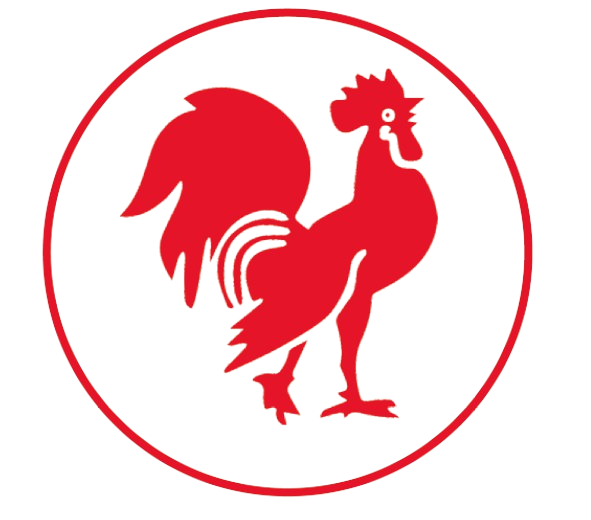KANU Women Congress
KANU party was officially registered as a political party in the year 1960. It was a vehicle operated as a mass movement to agitate for Kenya’s independence. At independence in 1963, the party formed the first post-colonial government and remained in power for 39 years until 2002. In recognition of the critical role played by women in strengthening and promoting the party during its tenure, KANU leadership initiated Maendeleo ya Wanawake Organization to promote the women agenda and influence gender-based policies in the country at national level with grass root support. The organization in the 80’s changed its name to KANU Maendeleo ya Wanawake and worked very closely with the government. They lobbied the government to initiate projects such as adult education targeting mainly grass root women as well as the Nyayo Wards that effectively promoted safe motherhood and child survival among other services. The organization was also instrumental in pushing for women to be included in leadership position and 1970 to 1976.
Ms. Margaret Wambui Kenyatta served as the first female Mayor of the city of Nairobi. In 1979, Hon. Phoebe Asiyo who earlier served as Chairperson of Maendeleo ya Wanawake was elected as one of the pioneer legislators in the country. Besides representing her constituents, she pushed the women agenda by tabling the Affirmative Action Bill in parliament but was later defeated in the parliamentary elections. The same Bill on affirmative action was brought back to parliament by Hon. Beth Mugo in 2009 but still not supported in the house. Other prominent women who rose through the ranks in competitive political leadership under KANU were the late Hon. Chelagat Mutai, Hon. Julia Ojiambo, Hon. Grace Ogot, Hon. Zipporah Kittony and Hon. Nyiva Mwendwa who also served as the first Cabinet Minister including Hon. Sarah Bonaya who was appointed to the East Africa Legislative Assembly (EALA) among others. Under the KANU regime, women were also appointed to other powerful positions such as Lady Justice Aluoch who was appointed as the Judge of the High Court and PS Sally Kosgei who served in senior executive positions.
In 1991, at a KANU delegate’s conference, the late President Moi repealed section 2(b) of the Kenyan Constitution which paved way for multiparty politics and constitutional review process. The Kenya constitution promulgated in 2010 had substantial input from KANU as well as women lobbyists pushing for gender equality in parliament and other organs of government safeguarded under Article 27(8) on Bill of rights and Article 81(b) 2/3 gender principle. These important constitutional provisions have however, not been implemented since the gender bill which was to operationalize the provision is yet to be fully enacted despite numerous litigation and parliamentary processes. Despite numerous hurdles hindering optimum access to equitable representation as envisaged by the constitutional dispensation, Kenyan women are now enjoying expanded democratic space and have a bigger representation and a bigger voice in leadership and decision-making process. Currently, there are a total of 172 (23%) women out of 1,883 elective seats in Kenya that falls short of the constitutional threshold of 2/3 gender rule.
In addition to safeguarding the gains made through the 2010 constitution, Kenyan women need to push for ratification of United Nations and African Union instruments that promote rights of women and equal representation and inclusion in decision making. On 11th July 2003, at the 2nd ordinary session in Maputo, Kenya was a signatory to the protocol on the African Chapter on human and peoples’ civil liberties on rights of women in Africa. Among other provisions, in Article 9, the Protocol has a provision for women on the right to participate in political and decision-making process.
KANU Party constitution of 2002, under Article 20, established KANU Women League as the women organization of the party, with leadership structures at both national and grass root level. The League was mandated through its leadership and members to advocate for and promote party interest at all levels and advance women agenda within the party and contribute to national and international women agenda. The KANU party manifesto of 1997, under Article 9 on social welfare for all Kenyans, also recognizes women as constituting up to 51% of Kenya’s population, with a significant number of Kenyan households headed by women and considered most vulnerable households. The manifesto further promised to ensure women empowerment through adequate resource allocation for women projects and remove barriers that hinders women towards increased access to decision making positions at policy level.
It is after the 2017 general elections upon internal reflection that the KANU party leadership adopted KWC as the formal women congress going forward and charged with the responsibility of revamping the women affairs from grassroots to national levels. This training manual is therefore critical in guiding the training process of bridging the knowledge and skill gaps with a view of increasing innovation, efficiency, and effectiveness of KWC members in carrying out their mandate.
Explore Our Leadership
We commit to do this by working towards ensuring freedom, peace, security, stability, democracy, the sanctity of life and social justice for all.




